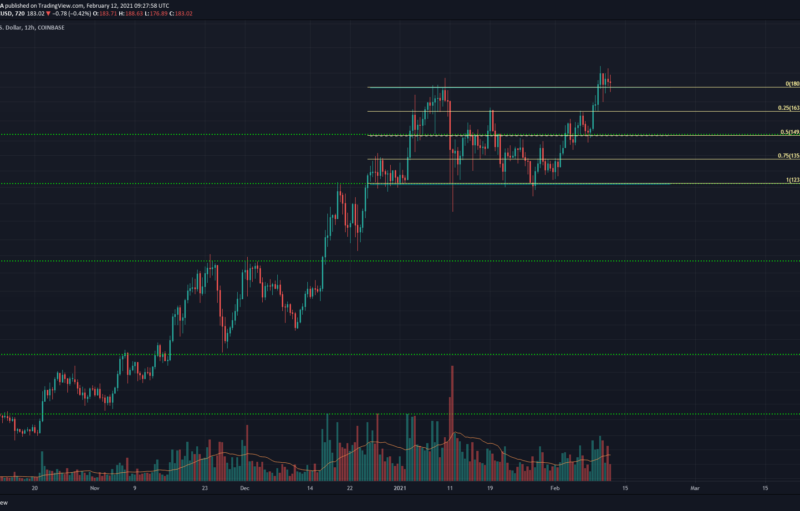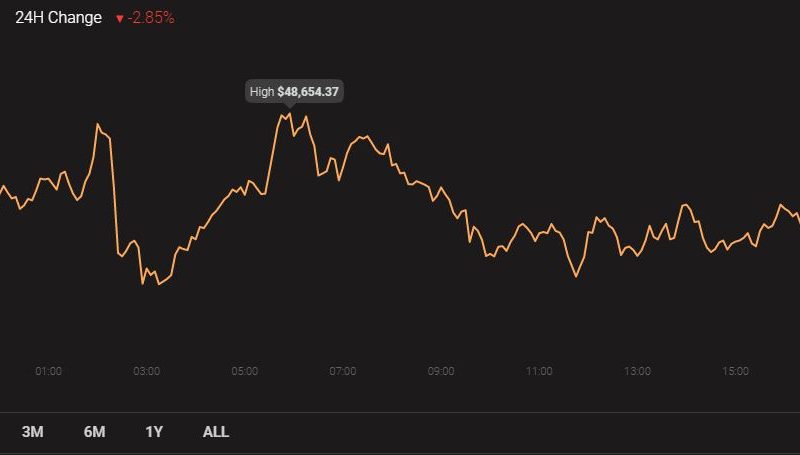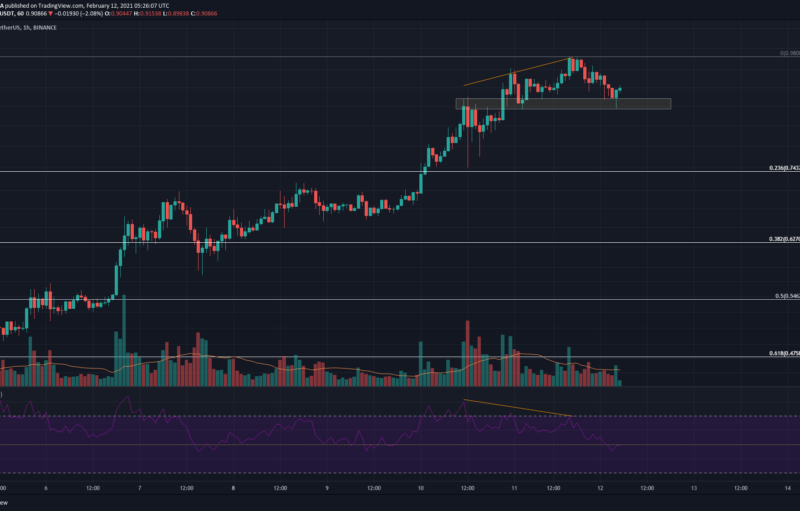
Quantum computing could allow banks to more accurately quantify their risk, opening additional opportunities to invest in Bitcoin.
Some of the biggest names in banking have confirmed they’re targeting research investment into the nascent field of quantum finance. The move comes after Google confirmed last year that it had achieved “quantum supremacy” with its Sycamore processor. While quantum finance as a practice is likely to be some years away, its effects could be significant across the entire financial sector.
Representatives from Goldman Sachs, JPMorgan Chase, and Citigroup have all confirmed they are making a foray into quantum finance, reported the Financial Times. The decision to ramp up investment now is due to the hardware advances made over the previous twelve months, which indicate that developments in quantum computing could soon start to accelerate. If one of the major banks manages to get ahead of the others in this field, it could represent a significant competitive advantage.
Currently, banks consume vast quantities of computing power running simulations that help them to assess their risk positions and ensure the accuracy of options pricing according to ever-changing market conditions. Given the rapid pace of movement in the global financial markets, it’s a challenge for banks to finalize any given computation before conditions shift again.
Quantum computers, with their ability to perform complex calculations at speeds far faster than traditional machines, could be a game-changer for the banks. Quantum finance would enable options pricing and other computations to be performed continuously, in real-time, significantly reducing loss risks from inaccurately priced instruments.
In the future, banks plan to use quantum computers in machine learning systems designed to read market conditions, the Financial Times also reported. This could enable them to identify trading opportunities or react to anomalies far more efficiently than they can today.
What Does it Mean for Bitcoin?
It’s still very early days, so it’s difficult to quantify the possible impact on the cryptocurrency markets. But, so far, the conversation has tended to focus on the “quantum threat” posed to blockchain security. Quantum finance opens up a different dimension to the discussion.
Bitcoin and crypto-backed options are still a relatively new concept in the digital asset space, with Deribit having previously cornered the market. However, CME and Bakkt have both recently ventured into the crypto options market, starting with BTC, indicating that they’re likely to increase in popularity.
Along with time and underlying price, volatility is a critical factor in pricing options. Given the cryptocurrency markets are more volatile than most, the emergence of quantum finance could have significant positive implications for exchanges selling call options. This represents the right to purchase the underlying asset at a set price and has unlimited downside potential for the seller, posing significant risk for inaccurately priced options.
Furthermore, if quantum computing can provide banks with the ability to more accurately quantify their risks in real-time, it may mean that they are more open to the idea of investing in Bitcoin, and even more obscure cryptocurrencies.
The post appeared first on CryptoBriefing






